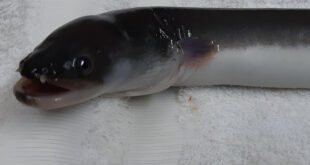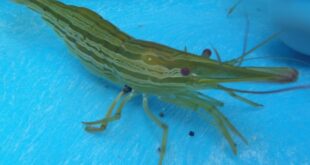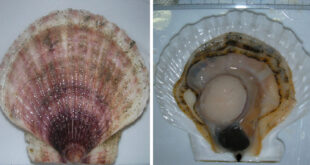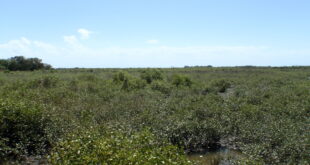By Development Communication Section

Seven participants from Singapore (2), India (2), United States of America (1), and the Philippines (2) completed AQD’s 15 day training on Sandfish seed production, nursery and management on 21 October at AQD’s Tigbauan Main Station in Iloilo.
Among the topics covered were biology and ecology of sea cucumbers; spawning induction & egg collection; larval rearing, phytoplankton culture; nursery system & grow-out culture; water quality monitoring; sandfish sea ranching as a sustainable livelihood option and impact of climate change on aquaculture production. The trainees were also given practical sessions on broodstock selection; setting-up of tanks; identification and preparation of larval food; larval rearing; identification of larval stages; broodstock transport; stocking of broodstock in sea pens and sea ranch site assessment.
In behalf of the participants, Dr. Ambithimaru Laxminarayana from India thanked the AQD experts for giving them useful information about the theory and practice of sandfish aquaculture. He also said that this training is a rewarding experience to all of them.



 SEAFDEC/AQD Southeast Asian Fisheries Development Center | Aquaculture Department
SEAFDEC/AQD Southeast Asian Fisheries Development Center | Aquaculture Department



